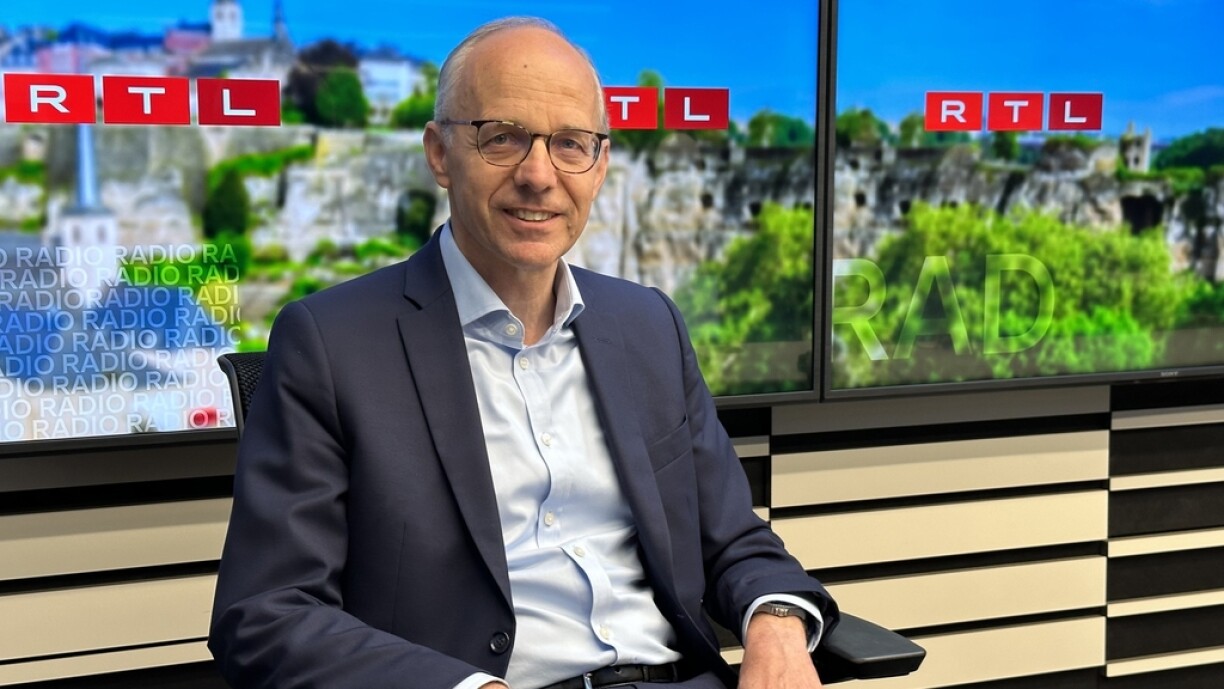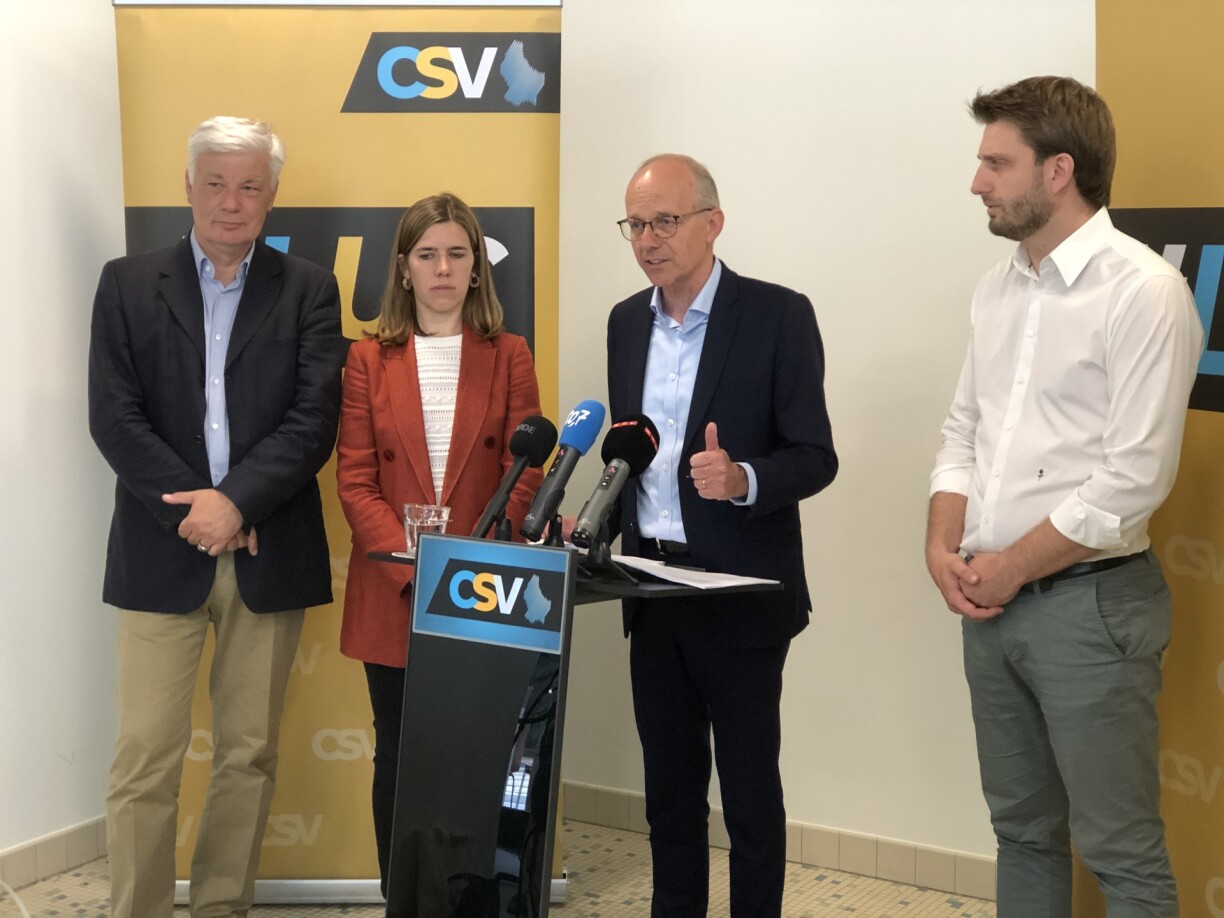
Lead candidate Luc Frieden elaborated on the programme in an interview with RTL on Monday morning.
The housing crisis has highlighted the need for people to have more disposable income. Frieden, a former finance minister, pledged to implement tax reforms aimed at easing the burden on the middle class.
The CSV intends to raise the threshold of the income tax rate and broaden the installments to provide relief. Additionally, widows, widowers, and divorced individuals would transition into tax class 1A after 6 years instead of the current 3 years.
Frieden also proposed a gradual adjustment of the tax scale to inflation, but without automatic legal adjustments. For the younger population, the Christian-Social party plans to introduce a “starter kit” that allows for increased tax deductions during the first 2 to 3 years of employment.
While the CSV aims to stimulate sales and support private investments, they do not prioritise taxing capital gains.
Frieden dismissed concerns raised by the Liser research institute regarding increased demand for housing and rising prices. He argued for a different approach than that of the government, advocating for faster, denser, and taller construction to address housing shortages.
Frieden did not make a firm commitment on whether a crisis tax, similar to the one implemented in 2011, would be introduced in the event of a crisis. He emphasised the CSV’s support for social dialogue to determine appropriate measures. The CSV also participates in the indexation process, and if there are multiple tranches within a year, a tripartite discussion will be held to safeguard both company competitiveness and people’s purchasing power.
Regarding the long-term sustainability of the pension system, Frieden highlighted the need for analysis and collaboration with social partners to find solutions. While advocating for sound state finances, the CSV’s objective is to keep the national debt at around 30% of GDP. The party relies on economic activity to generate revenue for its proposed initiatives and expressed concerns about the declining competitiveness of the fund industry.
The CSV aims for inclusive and equitable economic growth, as well as qualitative growth. Climate change is acknowledged as an important issue, but Frieden believes that imposing measures conflicting with other policies will not effectively prevent it. He cited the need for a balanced approach, mentioning the requirement for environmental studies in construction areas and the existing housing construction problem.

During the programme presentation on Monday afternoon, the CSJ youth party president Alex Donnersbach said parents should be given the right to work 4 hours less per week as long as their children are in primary school, and that in those instances those with low incomes should not be completely disadvantaged compared to parents who earn more.
In an interview in April, the Frieden also spoke about general working hours, arguing that Luxembourg’s labour laws “are no longer suited for the times we live in”.
On the topic of security, the CSV plans to hire 700 new police officers over the next 5 years, and that administrative tasks should be performed by civilian personnel. More video surveillance should be installed, the party argues.
Read also: CSV co-president: What differentiates us is not the choice of issues, but our responses, says Claude Wiseler